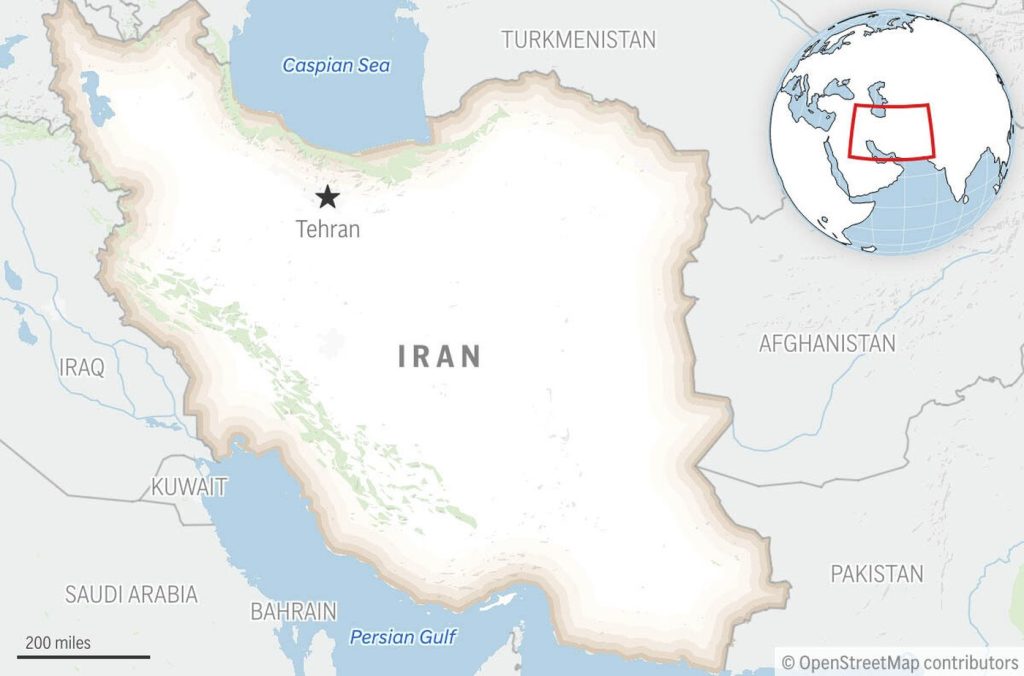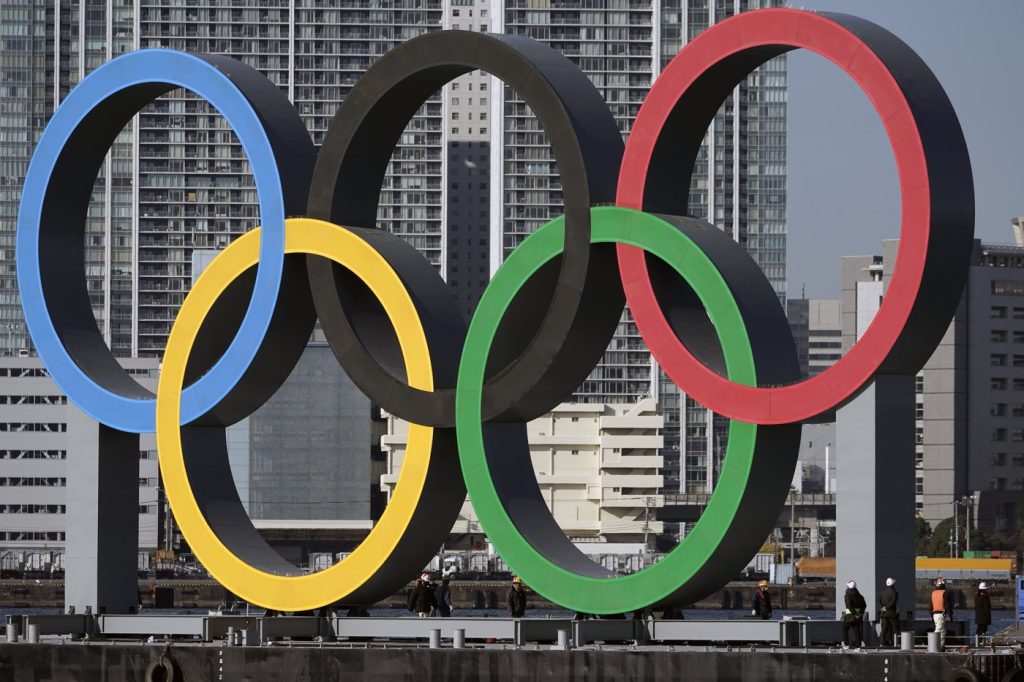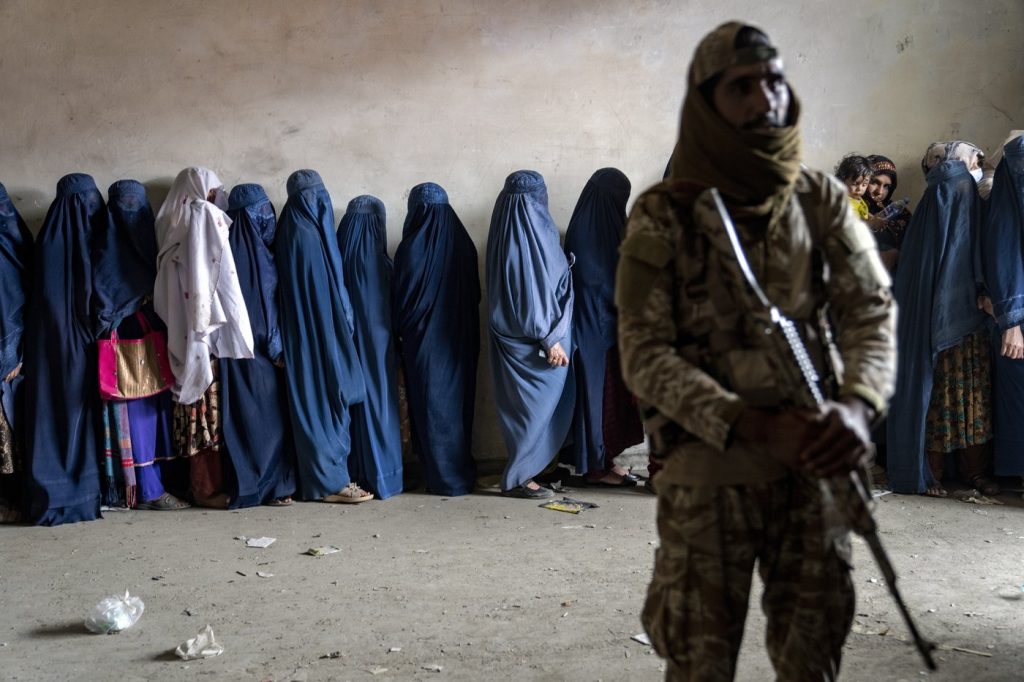TEHRAN, Iran (AP) — Iran announced on Monday that it will engage in renewed talks with European nations regarding its nuclear program, with discussions set to take place in Istanbul, Turkey, on Friday. This meeting marks the first dialogue following a ceasefire that was established after a 12-day conflict between Israel and Iran in June, during which the United States targeted Iranian nuclear-related facilities.
The upcoming discussions will bring Iranian officials together with representatives from Britain, France, and Germany, collectively known as the E3 nations. The European Union's foreign policy chief, Kaja Kallas, will also participate. According to Iranian Foreign Ministry spokesman Esmail Baghaei, the primary agenda will focus on lifting sanctions and matters pertaining to Iran's peaceful nuclear program, and the meeting will be held at the deputy ministerial level.
In 2015, Iran entered into an agreement aimed at curbing its nuclear activities in exchange for a reduction in sanctions. However, this deal began to disintegrate in 2018 when the United States withdrew and reinstated various sanctions. Recently, European nations have threatened to activate the "snapback" mechanism of the 2015 agreement, which would facilitate the re-imposition of sanctions should Tehran fail to comply with the terms of the deal.
German Foreign Ministry spokesperson Martin Giese has stated that the upcoming talks will be held at an expert level, emphasizing that "Iran must never come into possession of a nuclear weapon." He noted that Germany, France, and Britain are working in tandem with the U.S. to find a sustainable and verifiable diplomatic solution regarding Iran's nuclear program, and he warned that if no resolution is found by the end of August, the option of implementing the snapback mechanism remains on the table for the E3 nations.
In a letter to U.N. Secretary-General António Guterres, Iran's Foreign Minister Abbas Araghchi criticized the three European countries, asserting that they lack "any legal, political, and moral standing" to invoke the snapback mechanism due to their failure to meet their commitments in the 2015 deal. Araghchi condemned the potential action as an abuse of process that the international community should reject. Furthermore, he accused the E3 nations of providing support to Israeli and U.S. military actions against Iran.
In June, the U.S. bombed three significant Iranian nuclear sites while Israel engaged in aerial attacks against Iran. These military actions resulted in the deaths of nearly 1,100 individuals in Iran, including numerous military leaders and nuclear scientists, whereas 28 fatalities were reported in Israel. Araghchi reaffirmed Iran's readiness for diplomatic solutions in his letter.
Since the U.S. withdrawal from the nuclear deal in 2018, Iran has progressively escalated its nuclear activities, enriching uranium to levels as high as 60%—a notable increase from previous limits and nearing weapons-grade enrichment of up to 90%. Iran has consistently maintained that its nuclear program is purely for peaceful purposes, rejecting allegations of any intention to develop nuclear weapons.
The report provided to the U.N. Security Council regarding the implementation of the 2015 resolution referencing the nuclear deal included a letter from the E3, which expressed support for negotiations between Iran and the United States. In their communications, the U.K., France, and Germany reiterated their commitment to explore all diplomatic avenues aimed at preventing Iran from acquiring nuclear weapons. However, they also indicated that without a satisfactory agreement, they may resort to triggering the snapback mechanism to address concerns related to Iran's nuclear program and its implications for international peace and security.
Iran's U.N. ambassador responded to the allegations made by the E3 in separate communications, emphasizing the importance of cooperation between Iran and the European nations and the U.S. to arrive at a negotiated solution that adequately addresses both nuclear concerns and sanctions.
Recent estimates from the International Atomic Energy Agency indicate that Iran's stockpile of uranium enriched to 60% has increased significantly, raising concerns among the international community about the potential military dimensions of Iran's nuclear ambitions. The implications of these developments remain critical for regional and global stability.












